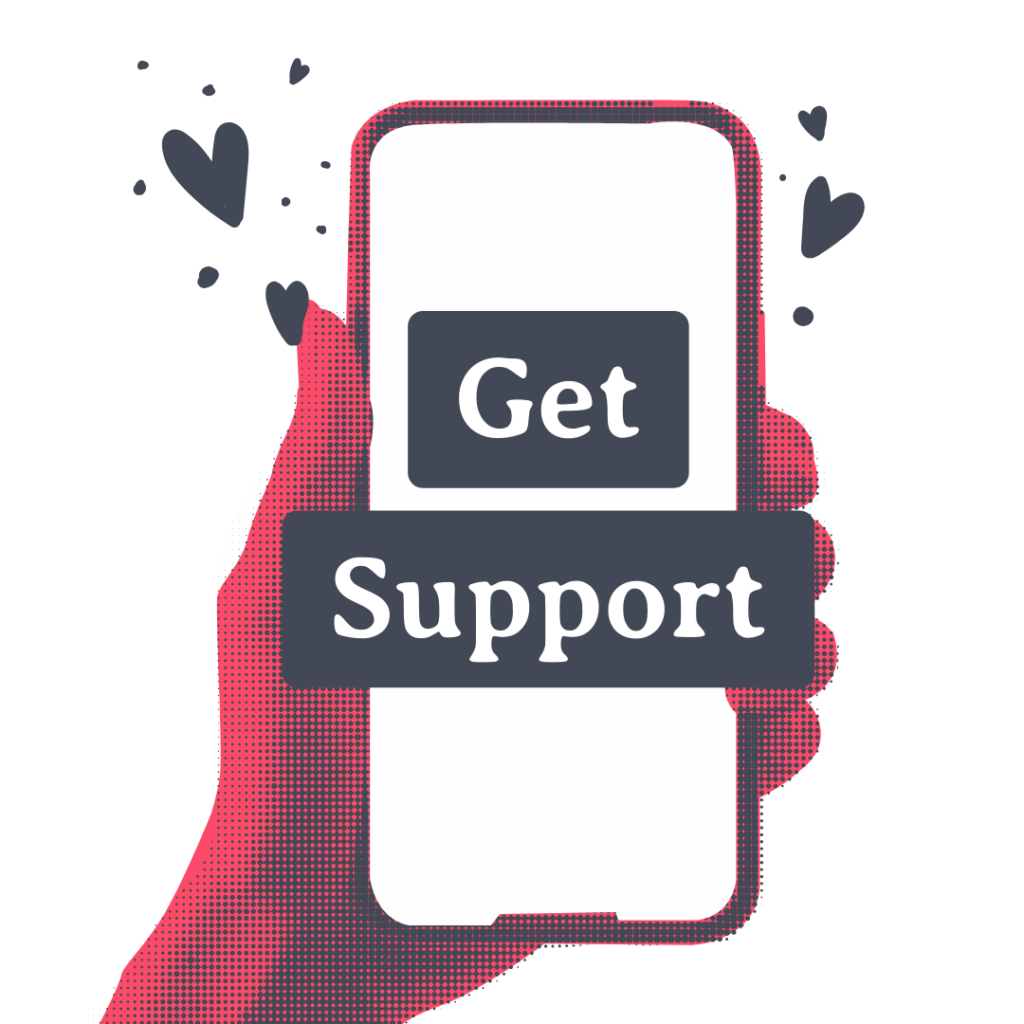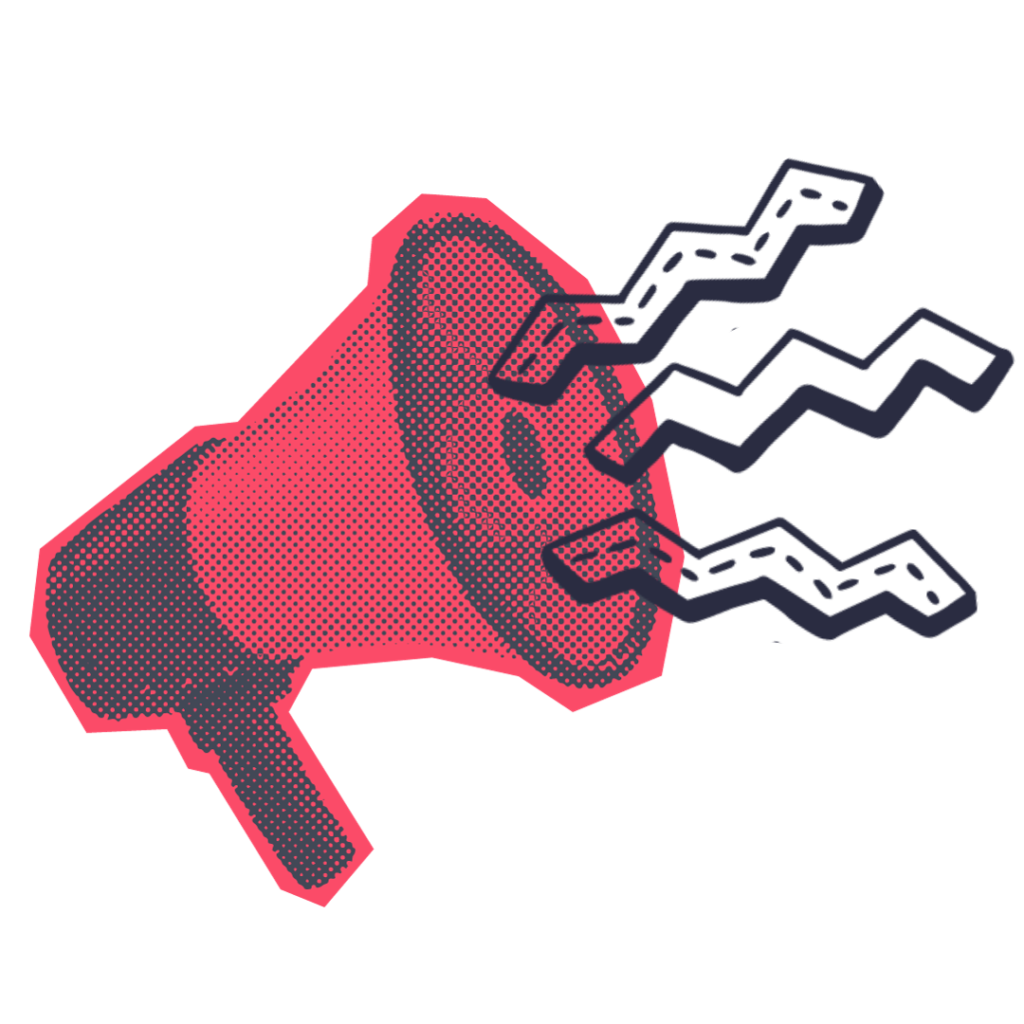What is abuse?
People often assume that abuse is physical violence, but that is not always the case.
An abusive relationship is a type of relationship where one person uses various forms of power and control to dominate and harm the other person emotionally, mentally, physically, or sexually. The abusive partner may use tactics such as manipulation, threats, intimidation, isolation, coercion, gaslighting, and violence to maintain power and control over the victim and restrict their choices.
Understanding the different types of abuse
Abusive behaviour can range from subtle forms of emotional abuse, such as using insults or put-downs, to more severe forms of physical violence, such as hitting, slapping, or sexual assault.
It’s important to remember that abuse is never your fault, and there are people who can support you to get help.


Looking for help or someone to talk to? Visit our Support Page – we’re here for you!

Your voice matters, sharing your story as a young survivor of domestic abuse can make a huge difference to others going through similar stuff. When you speak up anonymously, it can be a real comfort to someone feeling isolated. Your privacy is totally protected, so you can share without any worries at all. This is a safe space just for you to open up and make a difference without any fear.
Do you have a story to tell? Email website@womensaid.org.uk

